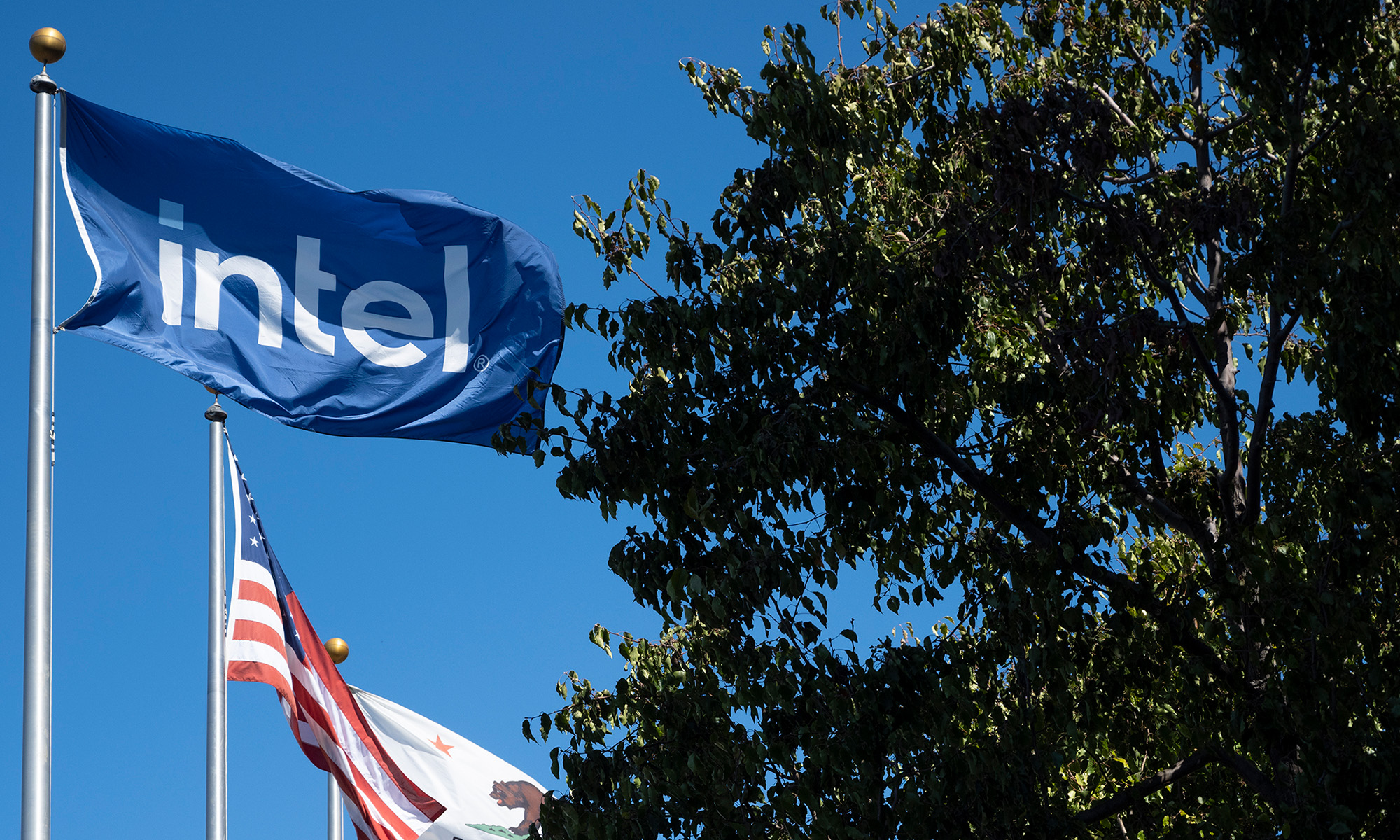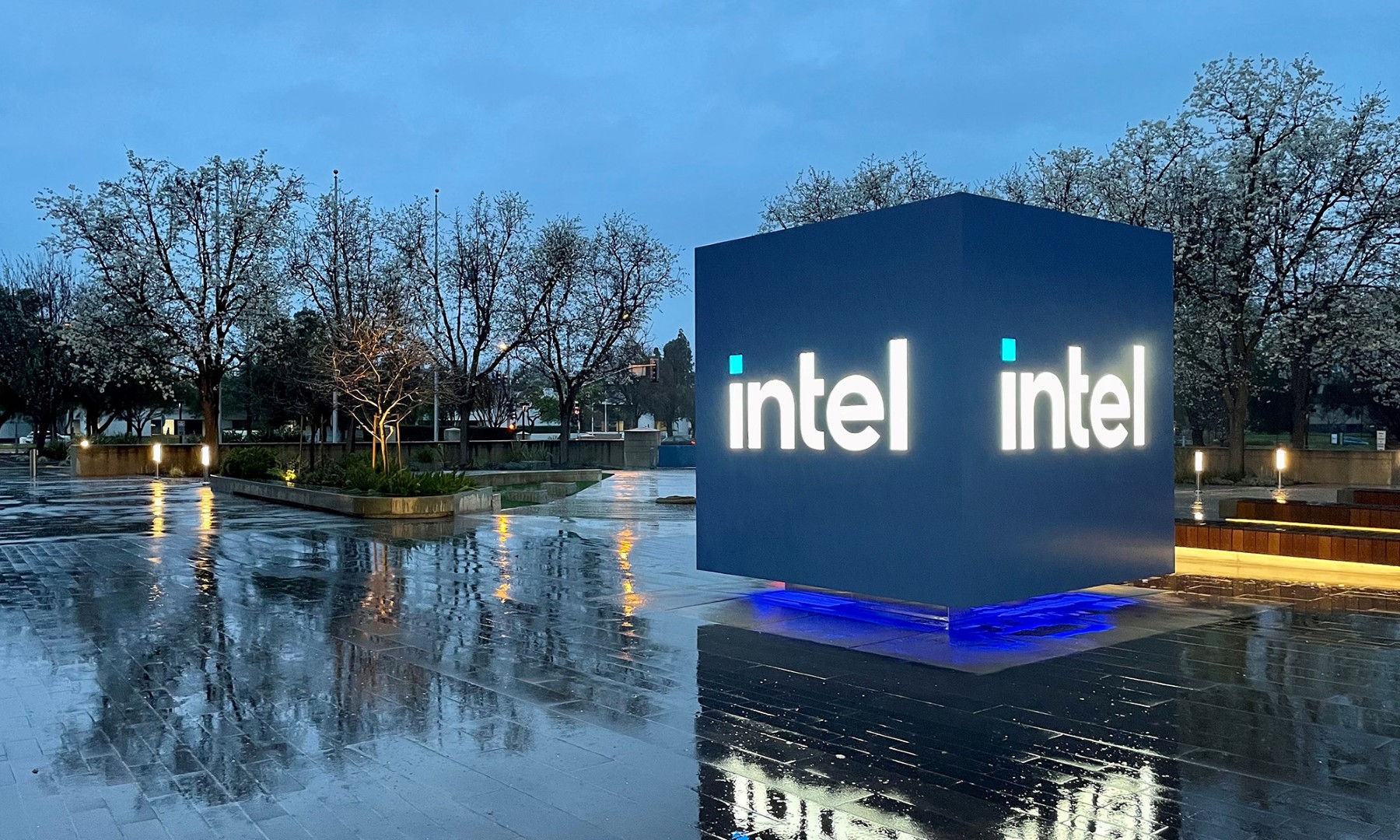Shares of Intel (INTC +7.33%) were heading lower today, even though there was no news out on the stock.
Instead, the chip stock seemed to react poorly to a strong earnings report from Nvidia (NVDA +0.47%), the leader in the artificial intelligence (AI) revolution, an area Intel is keen on tapping into. Additionally, Nvidia announced a 10-for-1 stock split, a move some think will lead to the company's admission into the Dow Jones Industrial Average, replacing Intel, the only semiconductor business currently in the Dow.
Image source: Getty Images.
What Nvidia's report means for Intel
There wasn't any direct impact on Intel from Nvidia's update, but the report gives no hint that Intel is gaining any traction in the AI GPU market with its new Gaudi3 accelerator.
Nvidia CEO Jensen Huang also pushed back on the notion that competition was becoming a threat to the company, arguing that performance in its business equates with the lowest total cost of ownership. He also touted other advantages of Nvidia, including that it's in every cloud, making it attractive for developers to build on as opposed to a system that a hyperscaler creates for itself. Finally, he made the case that Nvidia is more than just a chipmaker -- it's building AI factories, which is much more complicated.
Additionally, with Nvidia's stock split taking effect June 10, the prospects for Nvidia replacing Intel in the Dow seem very real. Intel has been a longtime laggard at this point, with a market of $128 billion, which represents just 5% of the market cap of Nvidia. Nvidia is also the most valuable U.S. stock to not be included in the Dow.

NASDAQ: INTC
Key Data Points
What it means for Intel
It's unclear how meaningful Nvidia's results are for Intel. After all, Nvidia also noted that the data center market is huge, and it's still seeing demand outstrip supply, so Intel should be able to pick up some market share with its AI GPUs.
However, the notion that Intel will pose a serious challenge to Nvidia in the GPU market seems foolish at this point, and Intel still has a lot to prove.





